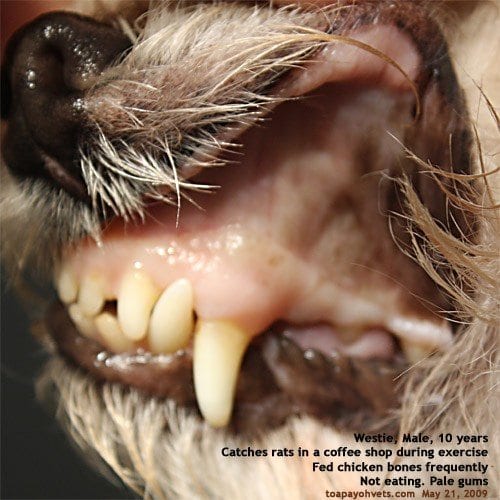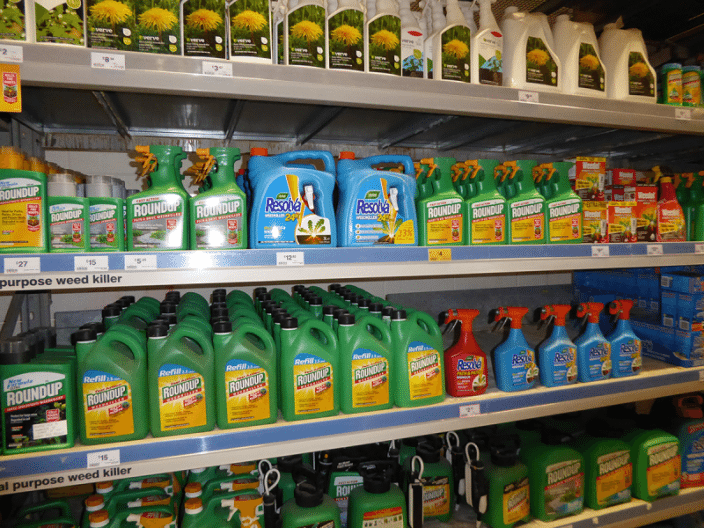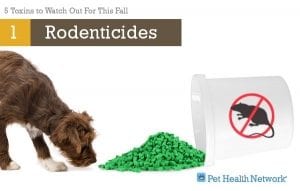By Dr. Kathy Enright
Our everyday garden plant and plant products can be very dangerous to our 4 legged friends. Plants were discussed in our earlier post. Today we are going to focus on the other garden and plant products that can be poisonous to our pets.
Poisons such as Rodenticides were made to kill mammals. They may target rats, and mice, but they have the same devastating effects on our pets. These are highly toxic and without immediate veterinary attention, are usually fatal.
Rodenticide poisoning, if ingested affects our pets ability to clot their blood. Brain swelling and kidney failure are often be the precursor to a bloody death. Treatment must be initiated as soon as possible if our loved ones are to survive. Long term treatment with Vitamin K is often required if we as vets and nurses have been successful in pulling them animal through the acute poisoning phase.
 Pale mucus membranes
Pale mucus membranes  Bleeding ‘Under the skin’
Bleeding ‘Under the skin’
Slug and snail baits tend to affect the nervous system with tremors and seizures being the major clinical signs. Depending on what has been ingested there may be specific antidotes. But often we as vets don’t know what exactly the animal has ingested. And can be treating blind.

Organic fertilisers such as bone or blood meal tend to be very tasty to our dogs, but they cause digestive problems with impactions being the main clinical sign. This obstruction can be fatal if not surgically treated.
Compost bins, need to be secured, the moulds that we depend on during the composting process can cause severe drooling, panting, and digestive upsets, so can ingestion of garden mulch.
Insecticides, Weed killers in people and in animals can cause eye irritation, drooling, seizures in heavy exposure, even breathing difficulties. These products should only be used in well ventilated areas and stored out of reach of our pets. If weed killer has been placed on weeds, dogs and cats should be kept inside until the weed killer is completely dry. If one suspects these types of poisoning, immediate dispensing of the antidote, atropine, is necessary to improve survival rate.

Sometimes use of these products are necessary, we just need to ensure that we are storing them correctly and whilst they are in use we are locking our pets in for their own protection.

